When last we left our heroes 70s knitting patterns from 101 Sweaters, we’d made it through the selection of women’s patterns I’d prepared. Today we have some men’s and children’s offerings!
One thing I have noticed is that the photos are always a combo of hits and misses. Like that gold cabled sweater? LOVE. But adding a lace-up neckline? …is a choice.
No lie, I dig the colorwork woven pattern. Just maybe not on a sweater. On what? I don’t know.
The form-fitting, belted sweaters are a look. Very much not something we se a lot of today. That said, I can name at least one knitting pattern of the early 2000s that was styled similarly. And on the right, we have garter stitch body, stockinette sleeves. I’m not sure how I feel about it.
All the patterning! You’d better like colorwork for 70s knitting patterns. A lot a lot.
GARTER STITCH PANTS. For a child. The sweater is cute though.
But the actual 70s knitting patterns
And this is what the pattern section looks like. My eyes are kind of crossing from this photo. Some of those patterns aren’t even one whole third of a page.
Vintage knitting patterns–that is, almost any knitting pattern published before 2000 CE–are really concentrated in the instructions. Printing space was at a premium and you couldn’t even think of getting 101 patterns in a magazine if they were wordy. I don’t know when advertising became such a huge staple of magazine publishing, but giving up space to advertisers also ate away at the amount of space for actual patterns.
When space was lost, either because of page cuts (to save on cost of paper) or patterns were coming in too long, some publishers would include an option to mail in for a pattern. I know of one such issue of Interweave Knits that did this in the late 2000s. With the advent of the digital age, patterns could be published online and expanded upon until they end up being 27 pages long. (Yes, I know of at least one pattern that is indeed 27 pages long.) I think there are a lot of reasons for the shifts and don’t really think it’s a bad thing, but just something I find incredibly interesting.
All photos from 101 Sweaters, copyright 1972 by Fawcett Publications. All photos are their property, I just think they’re fun.
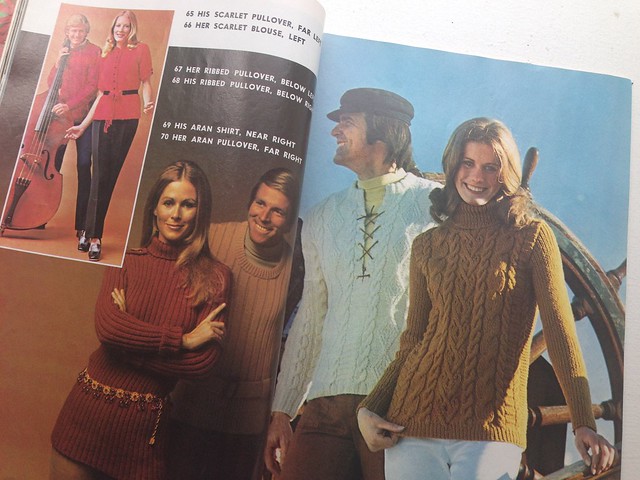
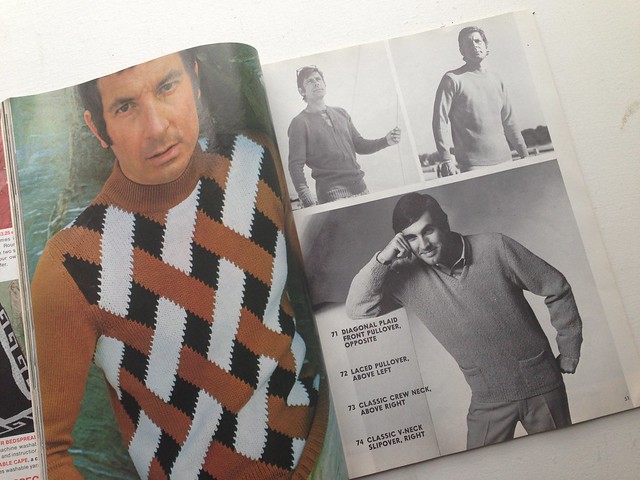
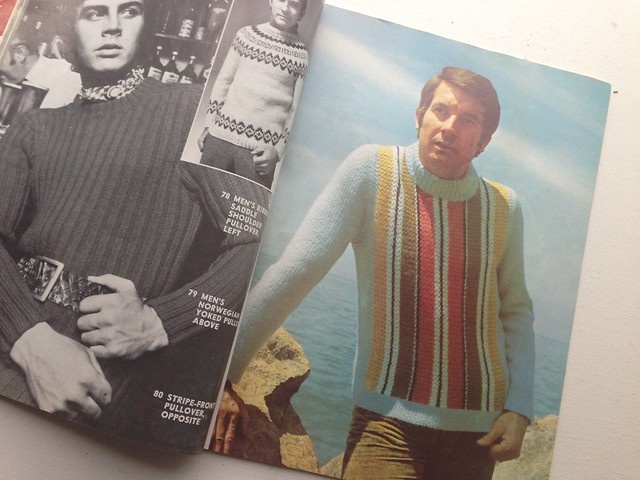
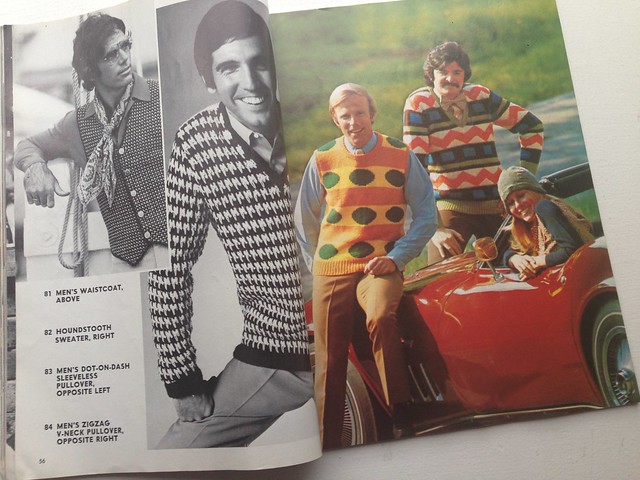
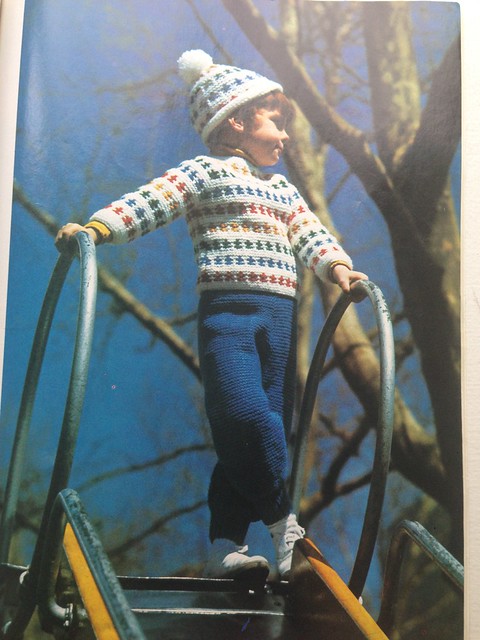
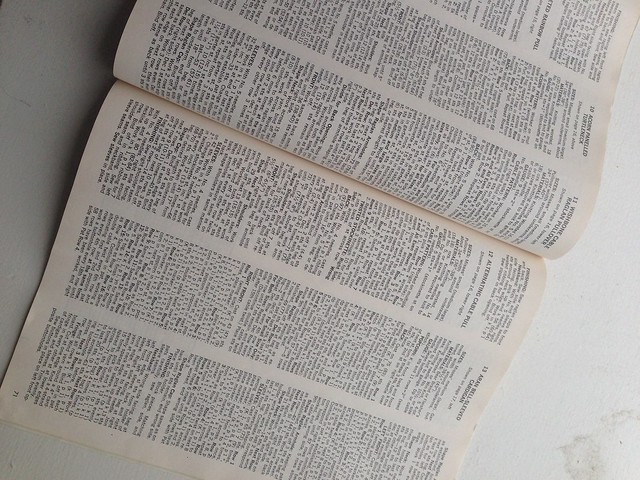

Priceless